Subscribe to the Newsletter
If you are interested in understanding how Traditional Chinese Medicine can improve your life sign up to my newsletter for the latest updates.

Liver Yin deficiency comes as a cruel extra twist when we grow old, as we deplete our body’s supplies of what are called Kidney Yin and Kidney Yang.
By then of course, we’ve developed wisdom, so it doesn’t matter, though it can be a hard exchange.
This syndrome is one of a number of syndromes recognised in Chinese medicine relating to the Liver. The Liver, as in Western medicine, is of major importance in Chinese medicine but it has additional, very different roles.
Read more about the Liver functions here.
In Chinese medicine the Liver is an Energy Organ, or zang, that deals with making sure that Qi – energy – moves smoothly; not just in your body, but in your emotions. You may think the liver has little to do with your emotions, but even in the West we recognise what is meant by someone who is described as liverish.
‘Liverish’ includes physical symptoms but also mental and emotional symptoms that often accompany them.
If you can imagine someone who has been liverish for a long time, with either loss of blood or a history of considerable and excessive exertion you might begin to approach what the Chinese mean by this syndrome.
The actual symptoms you can read about below: they aren’t that uncommon and many people get them to a small extent from time to time.
They become stronger as you grow older, and can lead to other Liver syndromes, such as Liver Qi Stagnation or Liver Yang.
It share some signs common to all Yin deficient syndromes.
Liver Yin deficiency symptoms are rather like those of Liver Blood deficiency. This makes little difference if you’re new to all this, but it does matter if you’re the acupuncturist treating it.
You may not have all of the following symptoms – just some of them, some of the time.
Note – don’t confuse these Liver Yin Deficiency with the symptoms of fever or infection, a mistake doctors sometimes make, the result being that they prescribe antibiotics, which eventually make your condition worse.

By the way, you may wonder how to make sense of them! Or how to remember them!
Even acupuncturists seldom remember them all, or even attempt to remember them all.
That’s because they know what the Liver does (in Chinese medicine), also the functions of Blood and Yin, so putting them together they can work out the symptoms of Liver Yin deficiency. (Hence why you go to someone who has trained in all this, rather than trying to self-diagnose.)
But beside each symptom I’ve included a brief explanation of why Liver Yin deficiency leads to the symptom. Even that requires a bit of prior knowledge, but give it a try – there are lots of links to pages explaining more!

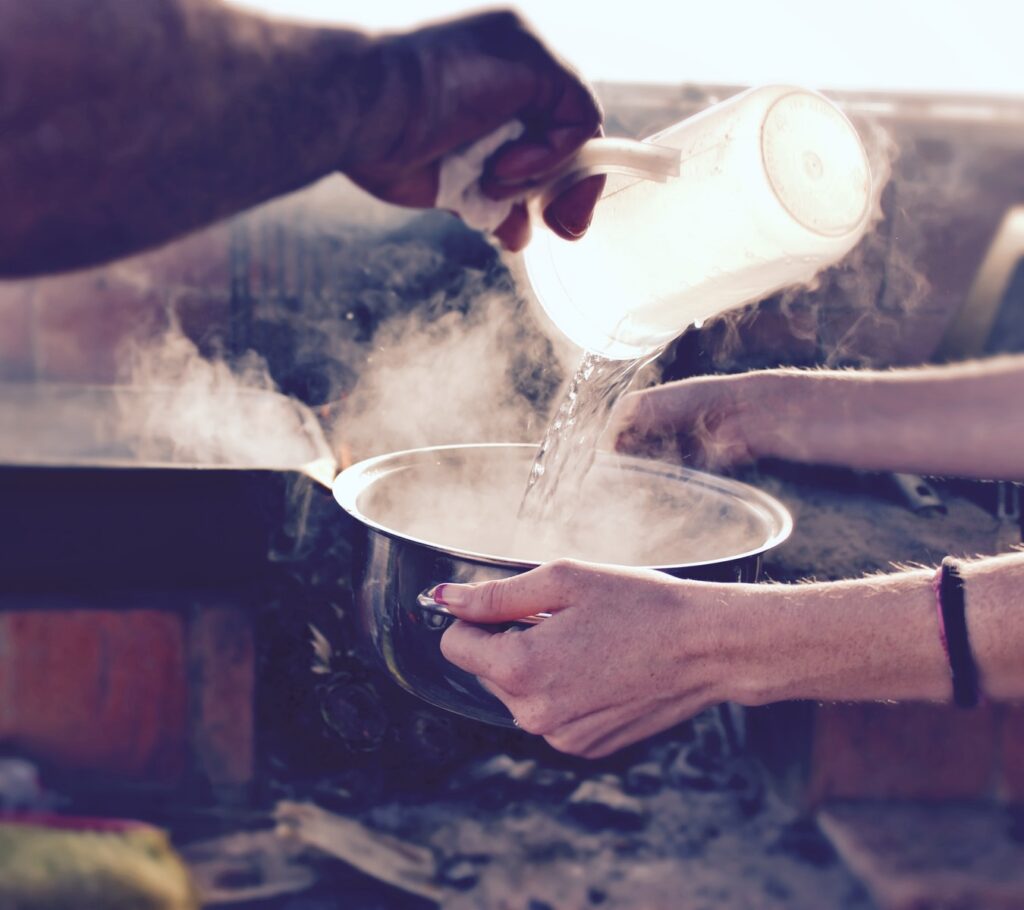
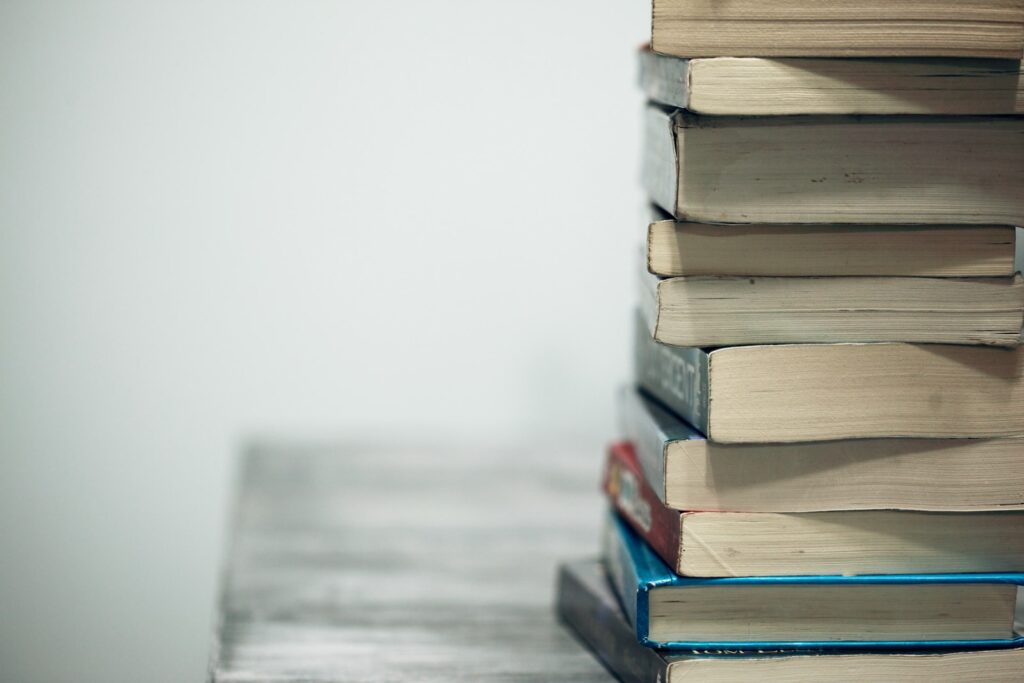
As perhaps you now realise from those explanations, your acupuncturist doesn’t have to try to remember the list of symptoms I’ve given – I certainly wouldn’t, anyhow! But knowing how your Liver functions, your Lungs function, your Blood functions, your yin and yang function, by listening to your symptoms, examining your tongue, taking your pulse and feeling how and where you have pain, he can put together a diagnosis of Liver Yin deficiency.
The usual causes of Liver Yin Deficiency are:

Of course, there are other causes. Any large emotional trauma can affect any or all of the organ energies (eg Heart, Lungs, Liver, Kidney etc). Such trauma will dissipate their patency. Which symptoms this leads to depends on underlying susceptibilities.

Stay in Touch!
No spam, only notifications about new articles and updates.

Book a Video consultation if you want to know more about your symptoms
Technically, what your acupuncturist will do is nourish your Kidney Yin or your Kidney Yang, your Liver Yin and Liver Blood. There are acupuncture treatments for this, and a whole raft of other ways that your acupuncturist will probably suggest.
Like what? Well, you could start by studying the many thousands of texts written over at least 2000 years by Chinese medicine scholars, doctors and mystics, most of whom sooner or later became obsessed with the matter.
As you will, too, when you grow a little older, if not already.
Few of us like to grow old (at least physically) and Kidney deficiency comes with growing old.
Kidney deficiency leads to Liver Yin deficiency.
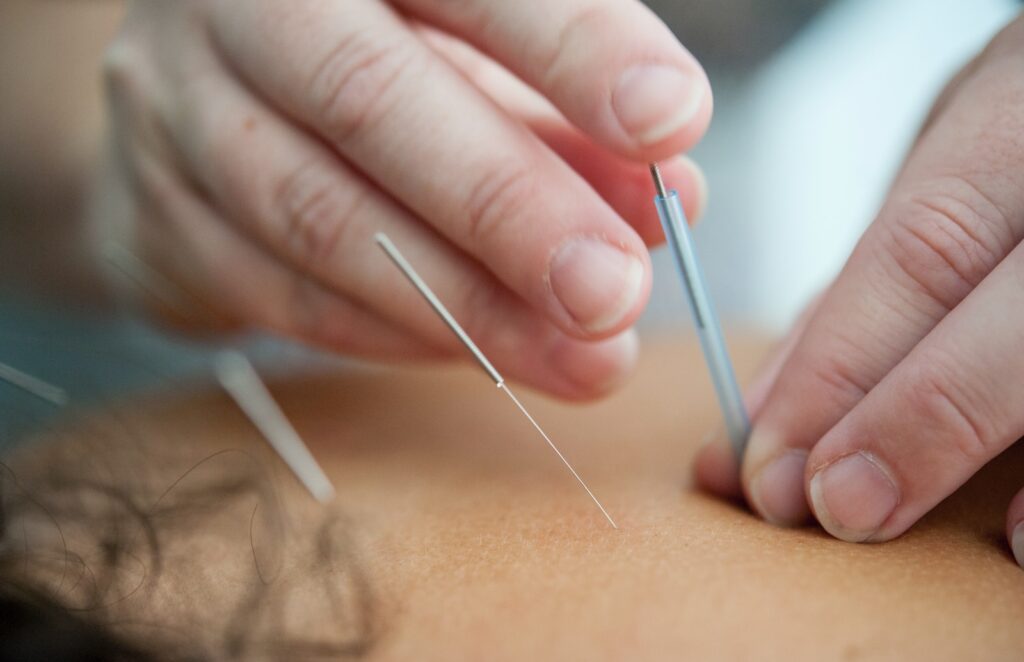
Of course, Chinese Medicine including Acupuncture has solutions, partial if nothing else, as you would expect.
Some of them you can do yourself and for others you need treatment.
The things you do yourself must become part of your daily pattern.
They aren’t things which you do once and that’s it.
To support what your acupuncturist is doing to improve your Liver Blood, Kidney Yin and Kidney yang, you’ll need to eat more regularly and sensibly, chewing well and avoiding foods that worsen you.
So, for a start,

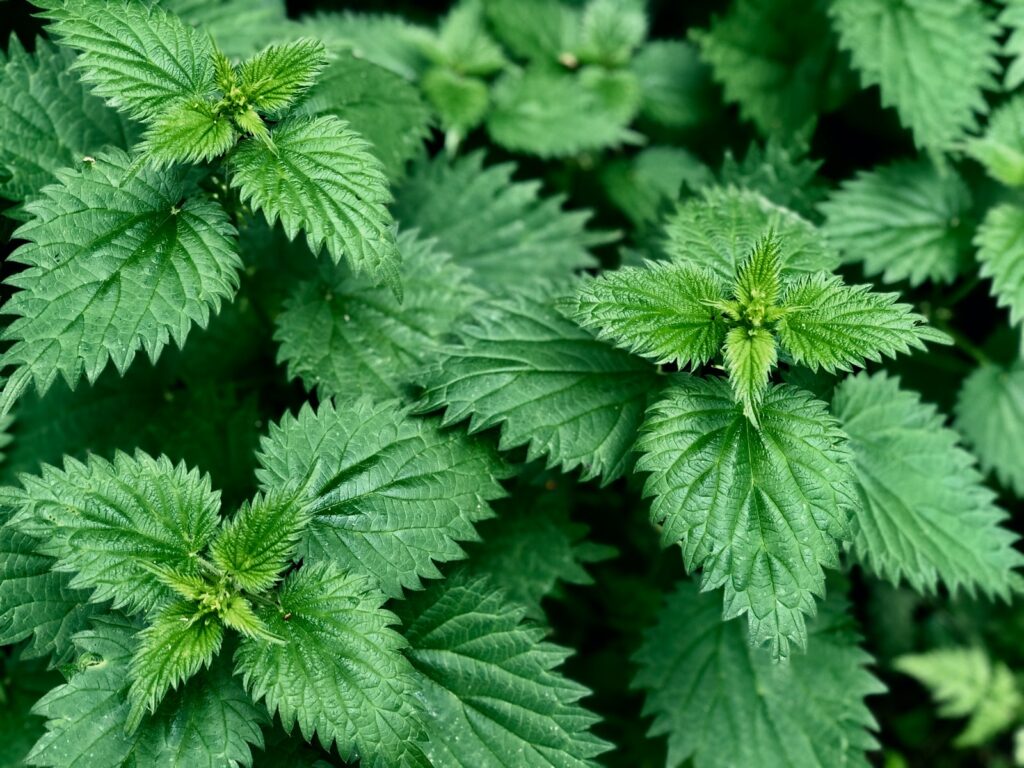
Please remember that herbs have stronger energetic functions than foods.
They incline your metabolism to behave in a different way but usually, taken in herbal tincture form, they lack the nourishment needed to support the change in metabolism, which is why you need food.
It’s like putting seeds in water in the sun but without any earth! They’ll grow fast but soon shrivel up and die, because they need the ongoing support that comes from earth to nourish their growth and fill them out. For you, that earth is the food you eat – see above. Giving yourself stimulants without nutrition is similar to that seed in water but without earth.
First a warning: many herbs need cautions. Some physical conditions may get further off balance if you overdo it.
So read the directions and cautions on the label if you buy it in decoction or powder or tablet form. Also please read my disclaimer!
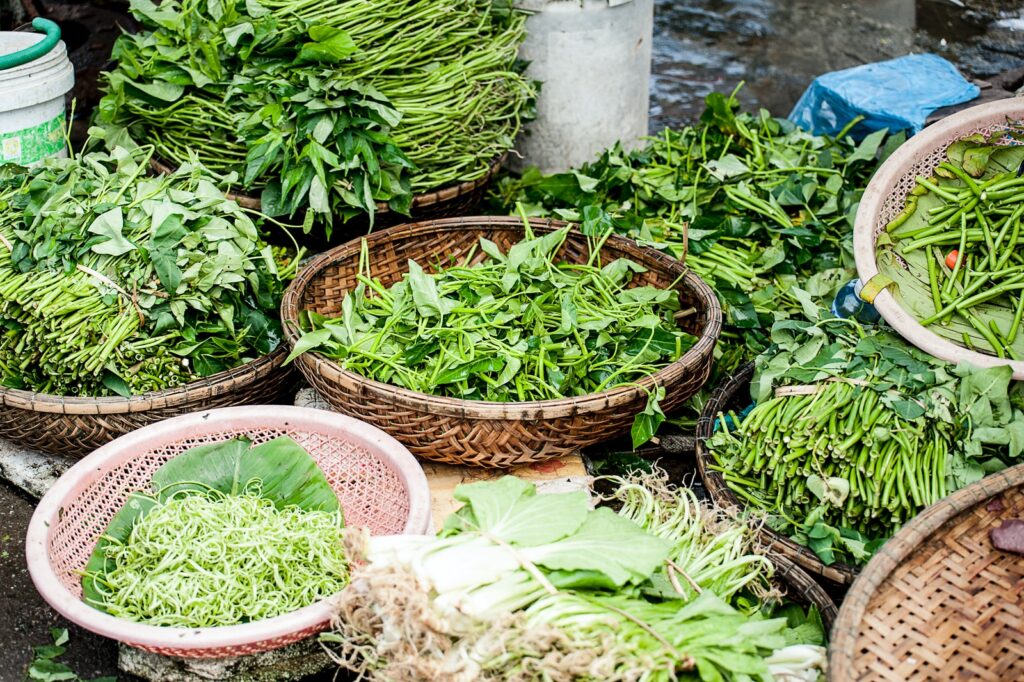

Why You get Nervous Stomach Anxiety and How to Handle It. Acupuncture has great ways to help.
Subscribe to the Newsletter
If you are interested in understanding how Traditional Chinese Medicine can improve your life sign up to my newsletter for the latest updates.
Subscribe to the Newsletter
If you are interested in understanding how Traditional Chinese Medicine can improve your life sign up to my newsletter for the latest updates.